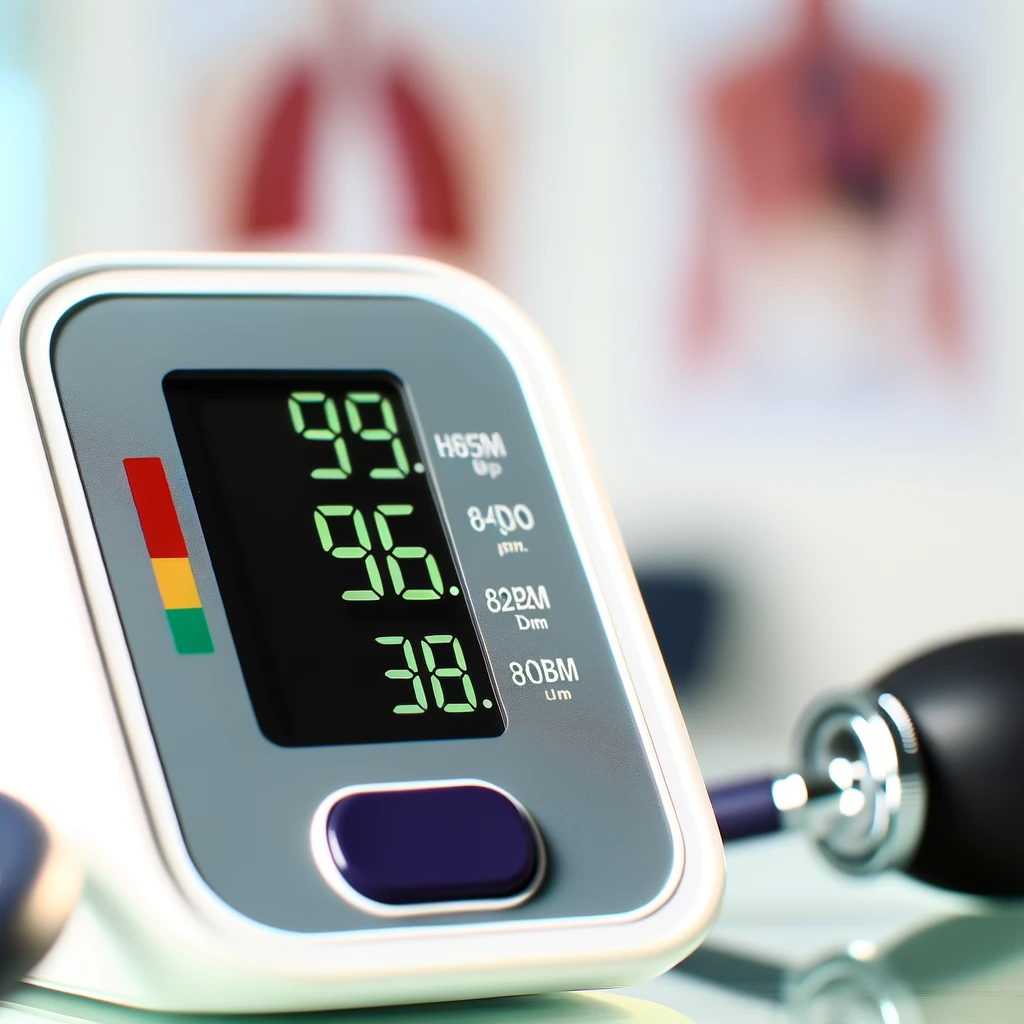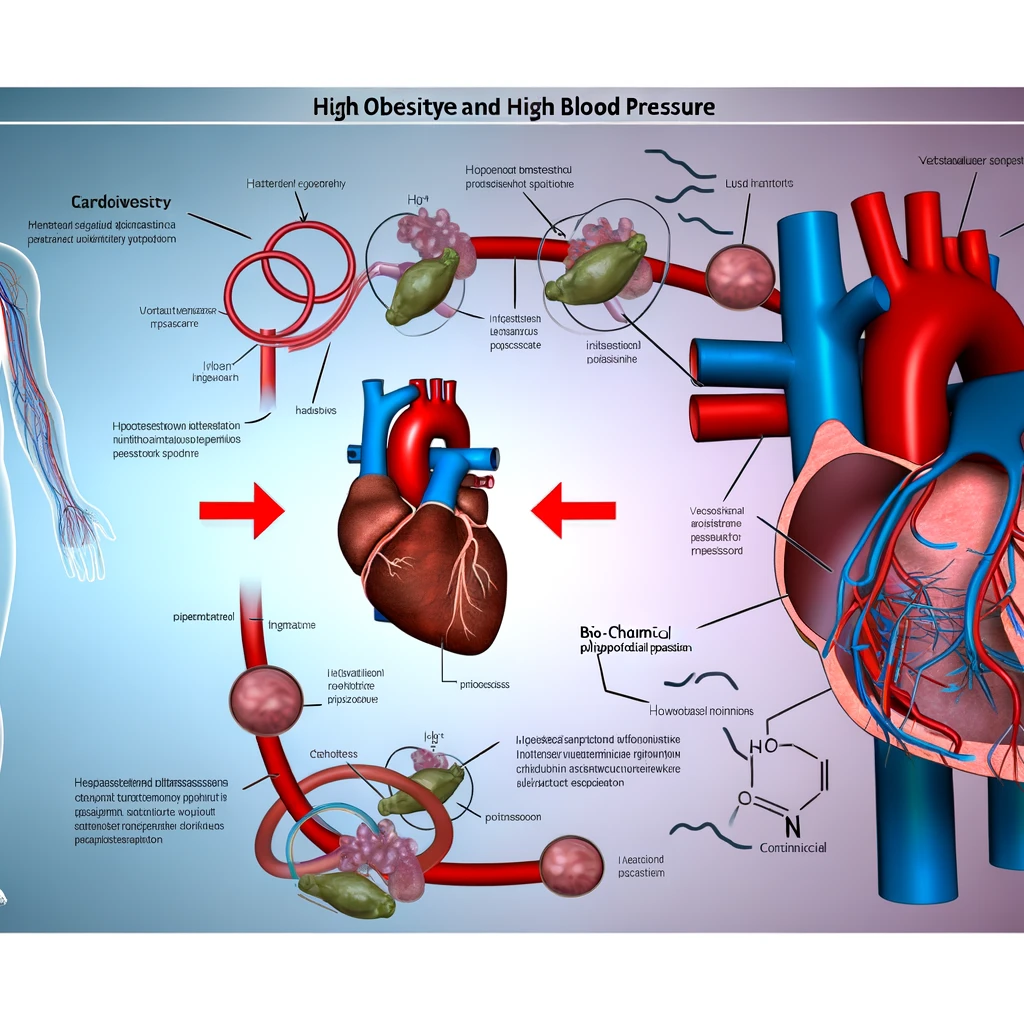Related Articles









In today's fast-paced world, maintaining good health has become more important than ever. One of the simplest yet most effective ways to monitor your health is through regular blood pressure check-ups. Blood pressure is a critical indicator of overall cardiovascular health and can provide important insights into your risk for various health conditions.
Blood pressure is the force exerted by circulating blood against the walls of the arteries. It is measured in millimeters of mercury (mmHg) and is recorded with two numbers: systolic pressure (the higher number) and diastolic pressure (the lower number). Normal blood pressure is typically around 120/80 mmHg.
High blood pressure, or hypertension, is a condition where the force of the blood against the artery walls is too high. This can lead to serious health issues, including heart disease, stroke, and kidney problems. Conversely, low blood pressure, or hypotension, can cause dizziness and fainting and may indicate underlying health concerns.
Regular blood pressure check-ups are essential for several reasons. Firstly, they help in the early detection of hypertension, often called the "silent killer" because it typically has no symptoms. Early detection allows for timely intervention, reducing the risk of severe complications.
Furthermore, frequent monitoring can help track the effectiveness of lifestyle changes or medications prescribed to manage blood pressure. For individuals with pre-existing conditions like diabetes or a family history of heart disease, regular check-ups are even more crucial.
The frequency of blood pressure check-ups can vary depending on individual health factors. For healthy adults, it is recommended to check blood pressure at least once every year. Those with risk factors or existing hypertension should consult their healthcare provider to determine an appropriate schedule, which may involve more frequent monitoring.
Regular blood pressure check-ups are a vital component of preventative healthcare. By keeping track of your blood pressure, you can take proactive steps to maintain your health and wellbeing. Remember, managing your blood pressure is not just about avoiding complications; it's about living a healthier, fuller life.
For more information on maintaining healthy blood pressure, consult with healthcare professionals and consider lifestyle changes such as a balanced diet, regular physical activity, and stress management techniques.